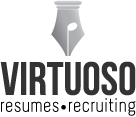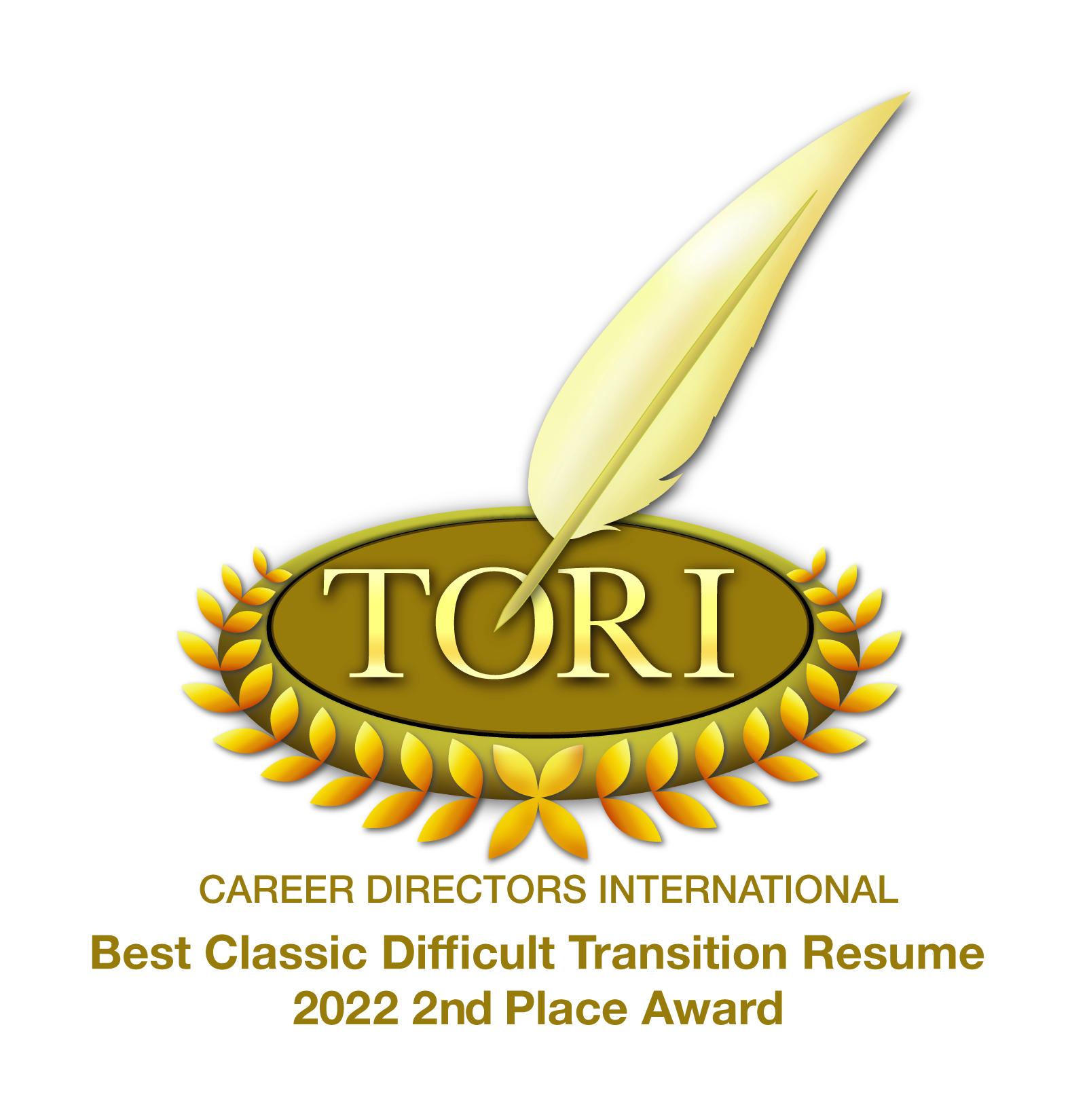If I had a penny for every time I told a client that it is okay to be different from everyone else, I’d be laughing all the way to the bank. Getting a job offer is all about being different – NOT fitting in. This is my only hard and fast rule (and if you know me, you probably know that I only pay attention to the rules long enough to figure out how to break them.)
I really do like my lists, so here are a few ideas to help you stand out:
- Ignore the “resumes must be black and white” rule and use color. Go ahead! Be hot pink or whatever other color floats your boat. If you are in a traditionally conservative field, then using a bold blue will stand out but not paint you as too far outside the box.
- Consider writing the summary at the top in the first person, especially if you are a creative! It’s an uncommon approach, but if written clearly and concisely, can be quite impactful. I’ve been really successful in using this strategy with folks in nonprofits and social services as well.
- Don’t be afraid to use numbers. My favorite trick is to use one or two really strong metrics in the executive summary. Where most use the opening at the top to introduce or simply describe themselves, I use this as an opportunity to knock out a couple of huge career accomplishments. Re-framing this in terms of what you’ve actually done is a better measure of how you will do in your next job. Because honestly, no one cares about how you describe yourself. (Other than your mother. I’m sure she cares.)
- If you are a veteran, make sure you put this front and center. A lot of vets I work with minimize their service record because they are worried about translating their military experience into private sector language. I think that’s a huge mistake! Mentioning your military career in the executive summary is a great place to tug on the heartstrings of whoever is evaluating your resume. I don’t use a ton of crazy acronyms or military-speak, but do introduce your service early. There are federal financial incentives that companies hiring veterans can cash in on, so ensuring that HR sees your status quickly can definitely work in your favor.
- Never hide an employment gap. Ever. Say exactly what you did and PUT IT ON YOUR RESUME. I’ve blogged about this before (click here and here), so if you were a stay-at-home-mother, took time off to care for a relative, went on a grand European tour, or retired (and decided you hated it) – this belongs on your resume. Anyone reading your resume will notice the gap, so don’t think that they won’t. Telling people what you were doing takes a question off the table and more questions = no interview. Fewer questions are key to landing a chance to sell yourself.
- Be funny. This is by far my favorite rule to break. Giving folks a chance to chuckle when reading a resume is so unexpected that it nearly always results in an interview. Trust me. It can be scary to go that far outside the box, but I’ve seen this strategy work within conservative fields (accounting, IT, engineering, etc.).
I’d love to hear if there are any rules that you’d like to break!













Great article!
Thank you so much Misty!